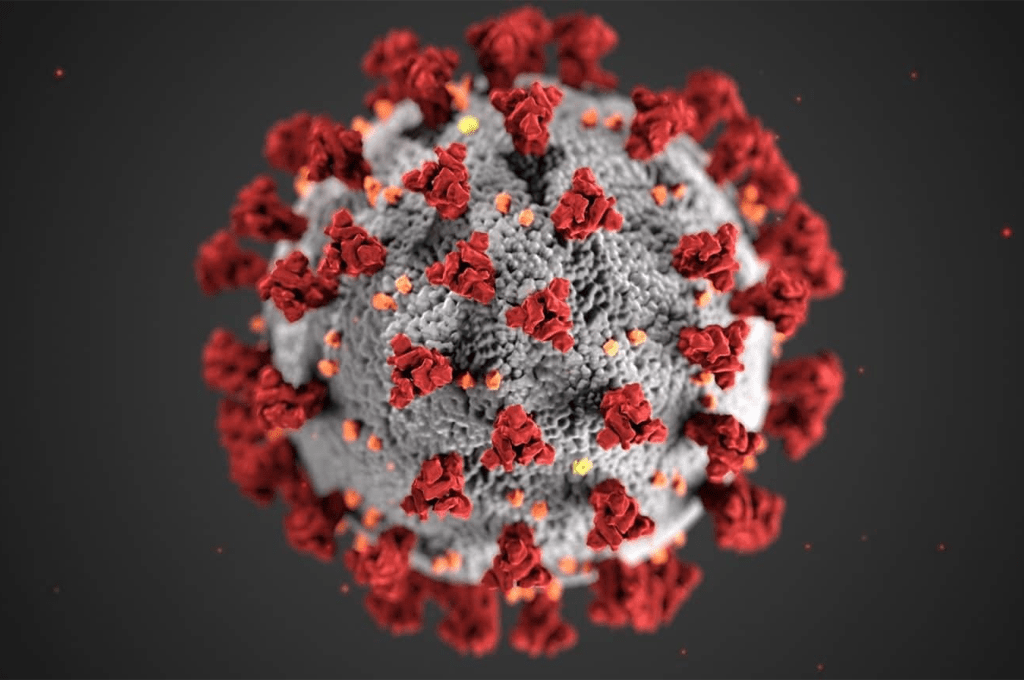Humsa Venkatesh is awarded for pushing cancer research boundaries

Humsa Venkatesh (Stanford University) is awarded the Science & SciLifeLab Prize for her research on the electrical properties of cancer cells – now she hopes to bring young researchers into this novel field.
The endeavour of understanding the role of the nervous system in cancer development has only just begun. To date, research has focused primarily on the genetic abnormalities leading to cancer, without fully appreciating the electrical properties of the cancerous cells, according to Humsa Venkatesh (PhD and currently a postdoctoral Fellow at Stanford University), winner of the Molecular Medicine category of the Science & SciLifeLab Prize for Young Scientists.
“We now understand that cancers are truly electrically active tissues, their ability to co-opt the brain’s signaling system is quite startling” says Humsa Venkatesh and states that her findings create a more expansive view of cancer as a systems-level disease of malignant cells that dynamically respond to external cues, “It fundamentally changes the way in which we need to view and treat these diseases.’’
When describing the challenges of working in a novel field, Humsa Venkatesh points out that new hypotheses are generated by developing a strong foundation in traditional disciplines while at the same time keeping your finger on the pulse of transferable concepts from other fields. When working in a new research area you need to push boundaries between fields.
“It can at times be challenging to change opinions and shift current paradigms that have been set by traditional views in any given field. Still, in my opinion, it is these unconventional paths that lead to the most innovative science” says Humsa Venkatesh.
What does receiving an award, such as the Science & SciLifeLab Prize for Young Scientists, mean to you?
“I am extremely grateful and very humbled to be chosen from a pool of people who have no doubt made immense impacts in their respective fields. It is really a privilege to receive this recognition, not only because it is a true honor, but more importantly because it is a wonderful platform to bring awareness to this nascent field. It is my hope that shedding some light on the ‘neural regulation of cancers’ may draw some young scientists into this space and that together we can make some strides in treating these devastating diseases” says Humsa Venkatesh.
What do you do when you’re not at work?
“I love traveling, hiking, and painting. I find it very important to find some time to step away from the lab and reset, and my hobbies allow me to cultivate my creativity and develop new perspectives. I think that all feeds into scientific innovation!” says Humsa Venkatesh.
More information:
Make sure not to miss the Science & SciLifeLab Prize Symposium: Roads to Research Excellence, where you will meet Humsa Venkatesh and the other winners and learn more about their research. Register today!
Learn more about the winners and their research on scienzeprize.scilifelab.se.
Tune in to our podcast featuring all four winners, sharing their current work and scientific journeys.




